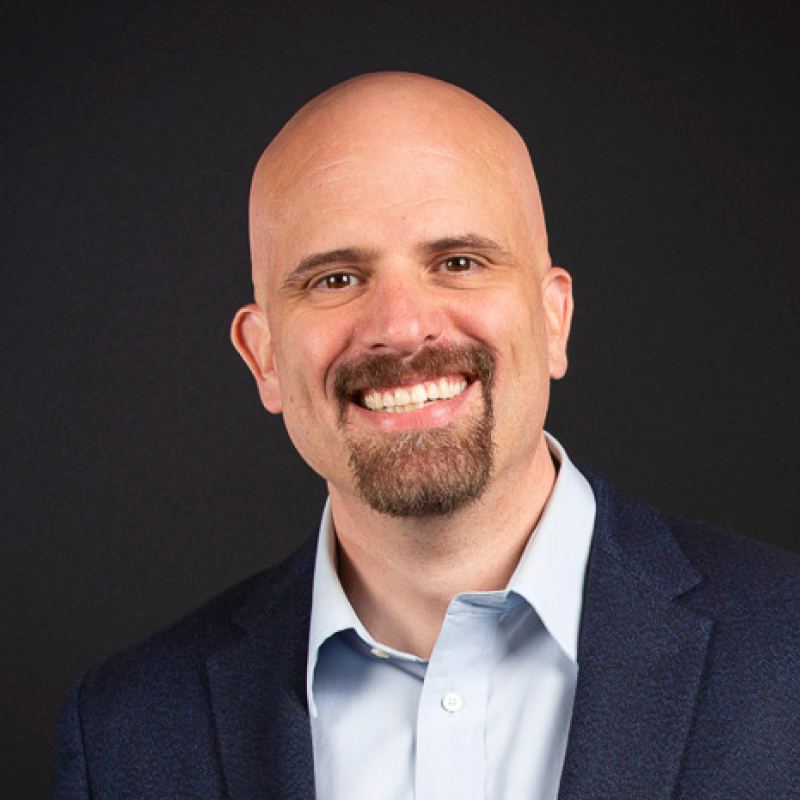ICLE Comments on Implementation of Section 621(a)(1) of the Cable Communications Policy Act of 1984
Introduction
Congress passed the 1984 Cable Act in order to create a unified national framework for regulating networks for cable networks involving municipalities, cable operators, and the FCC. As described by its primary sponsor, Sen. Barry Goldwater of Arizona, the Cable Act was drafted in order to reduce barriers standing in the way of the adoption of cable technology.
The Act was passed and later amended in a way that carefully drew lines around the acceptable scope of local franchising authorities’ de facto monopoly power in granting cable franchises. The thrust of the Act was to encourage competition and build-out by discouraging franchising authorities from viewing cable providers as a captive source of unlimited revenue. It did this while also giving franchising authorities the tools necessary to support public, educational, and governmental (“PEG”) programming and enabling them to be fairly compensated for use of the public rights of way. Unfortunately, since the 1984 Cable Act was passed, an increasing number of local and state franchising authorities (collectively, “LFAs”) have attempted to work around the Act’s careful balance. In particular, these efforts have created two main problems:
First, LFAs frequently attempt to evade the Act’s limitation on franchise fees to five percent of cable revenues by seeking a variety of in-kind contributions from cable operators that impose costs over and above the five percent limit. LFAs do this despite the plain language of the statute defining franchise fees quite broadly as including any “tax, fee, or assessment of any kind imposed by a franchising authority or any other governmental entity.”
Although not nominally “fees,” such requirements are indisputably “assessments,” and the costs of such obligations are equivalent to the marginal cost of a cable operator providing those “free” services and facilities, as well as the opportunity cost (i.e., the foregone revenue) of using its fixed assets in the absence of a state or local franchise obligation. Any such costs will, to some extent, be passed on to customers as higher subscription prices, reduced quality, or both. By carefully limiting the ability of LFAs to abuse their bargaining position, Congress ensured that they could not extract disproportionate rents from cable operators (and, ultimately, their subscribers).
Second, LFAs also attempt to circumvent the franchise fee cap of five percent of gross cable revenues by seeking additional fees for non-cable services provided over mixed use networks (i.e. imposing additional franchise fees on the provision of broadband and other non-cable services over cable networks). But the statute is similarly clear that LFAs or other governmental entities cannot regulate non-cable services provided via franchised cable systems.
In this ex parte letter, ICLE analyzes the law and economics of both the underlying statute and the FCC’s proposed rulemaking that would affect the interpretation of cable franchise fees. For a variety of reasons set forth in the letter, we believe that the Commission is on firm legal and economic footing to adopt its proposed Order. It should be unavailing – and legally irrelevant – to argue, as many LFAs have, that declining cable franchise revenue leaves municipalities with an insufficient source of funds to finance their activities, and thus that recourse to these other sources is required. Congress intentionally enacted the five percent revenue cap to prevent LFAs from relying on cable franchise fees as an unlimited general revenue source. In order to maintain the proper incentives for network buildout — which are ever more-critical as our economy increasingly relies on high-speed broadband networks — the Commission should adopt the proposed Order.







